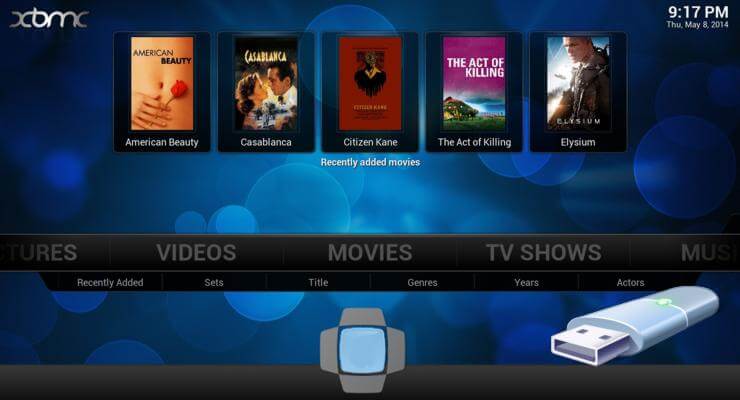

//tools/mkpkg/Ĥ) Editing RaspberryPi project options (use your favorite text editor, i used nano) $ cp -R packages/linux-drivers/media_build/. We need Stefan Saraev OpenELEC media_build support so let’s create a temporary directory:ģ) Pull that commit that really interest us! $ sudo apt-get install g++ git nasm flex bison gawk gperf autoconf automake m4 cvs libtool \īyacc texinfo gettext zlib1g-dev libncurses5-dev git-core build-essential xsltproc libexpat1-dev zip \Īutopoint xfonts-utils libxml-parser-perl libproc-processtable-perl default-jre I tested the latest r12431 and DVB-T device is recognised and running.ġ) First you need to have some packages installed (I used Ubuntu 12.04)

Update #3: Step #3 and #4 aren’t needed anymore. Update #1: Steps 1 to 8 performed on my laptop using Ubuntu 12.04 on Oracle VirtualBox. Let’s go build OpenELEC with PVR support and kernel support for most DVB-T USB devices (mostly taken from here). This device is Version 2, so according to LinuxTV Wiki to be support you would need to use at least Kernel 3.4 (no alarm here!). I’ve bought this DVB-T USB device on ebay because it’s cheap (no intended advertisement).Ĭonnecting it to RaspberryPi and doing lsusb:īus 001 Device 004: ID 048d:9135 Integrated Technology Express, Inc. I live in Portugal, so DVB-T channels are encoded in H264/AAC. However this post is about my will to see RaspberryPi as mediacenter: mounting my network shares and streaming DVB-T channels. I’m a proud owner of Raspberry Pi, and I hope to have much time to spend doing software / hardware stuff with it.


 0 kommentar(er)
0 kommentar(er)
